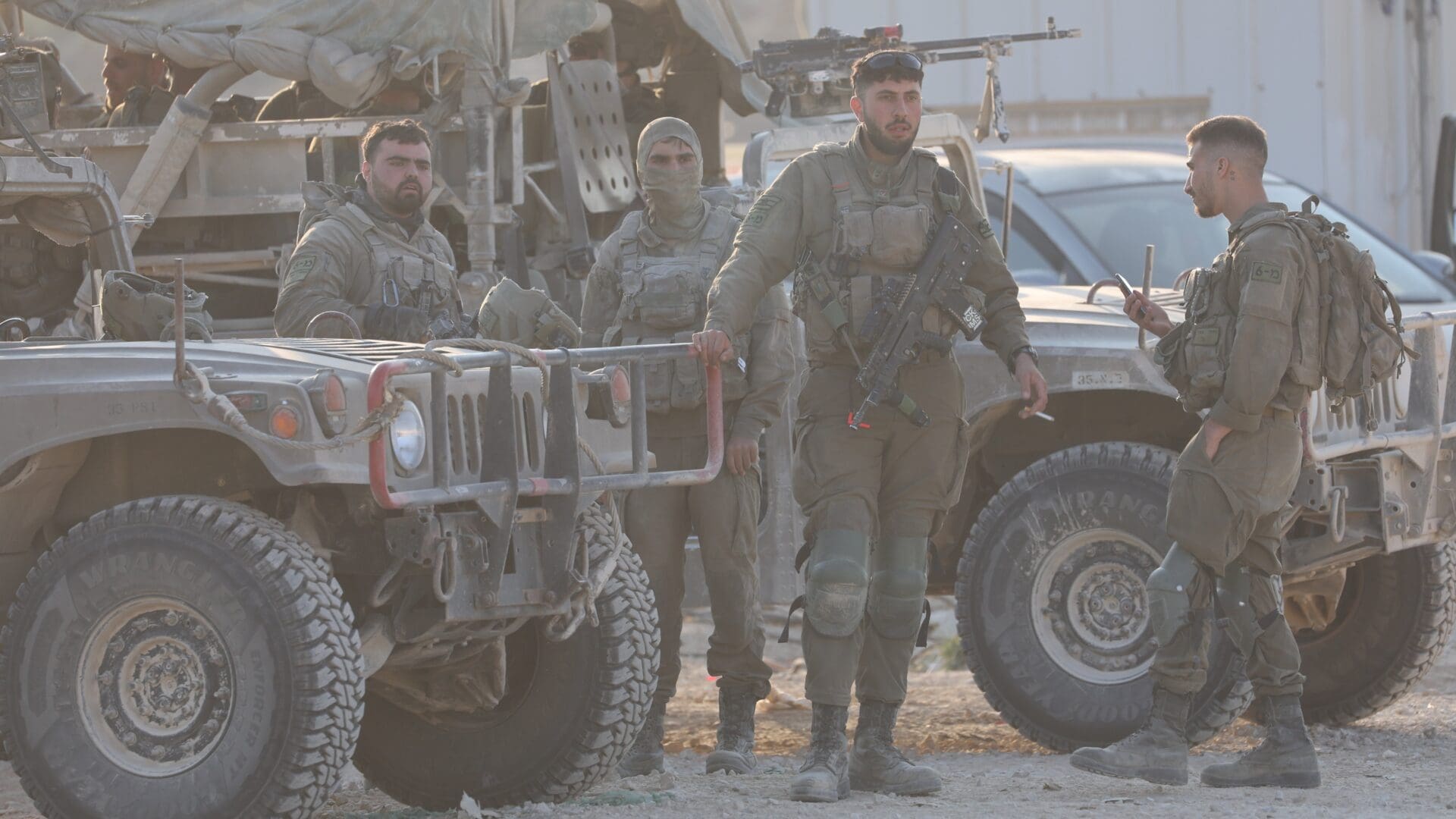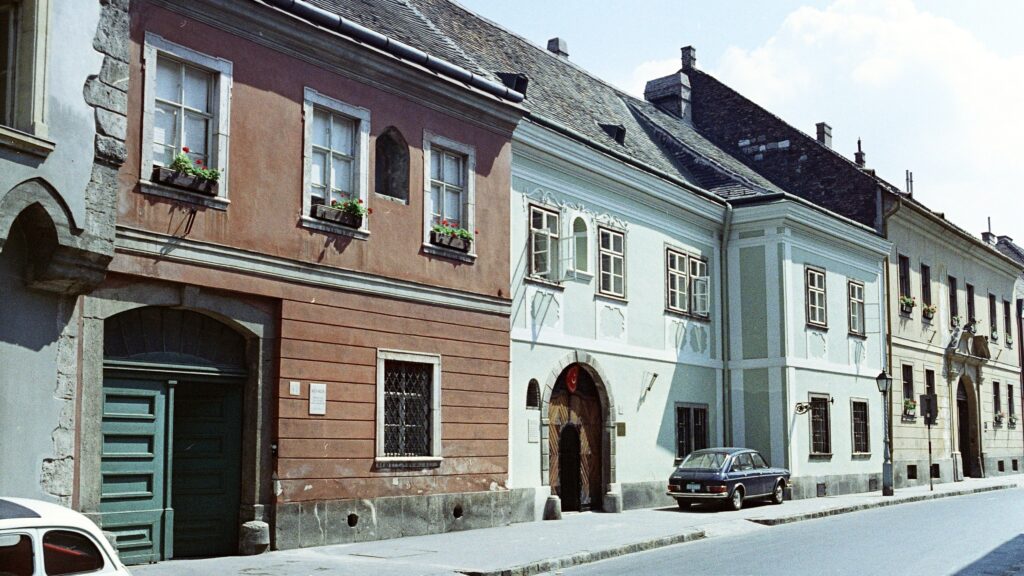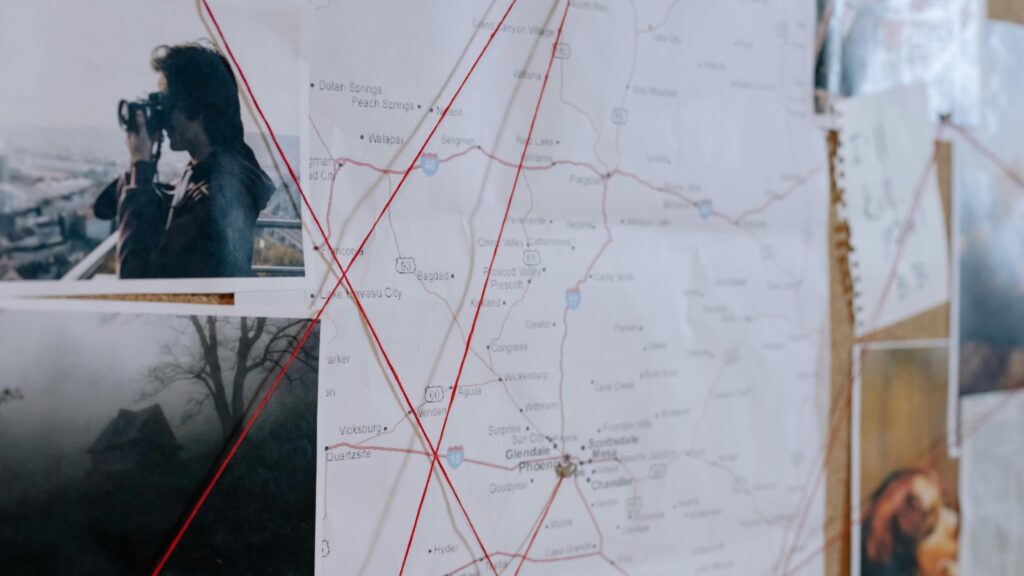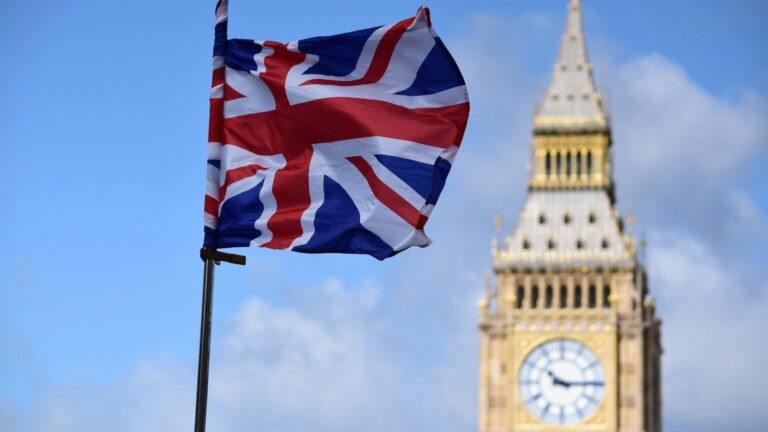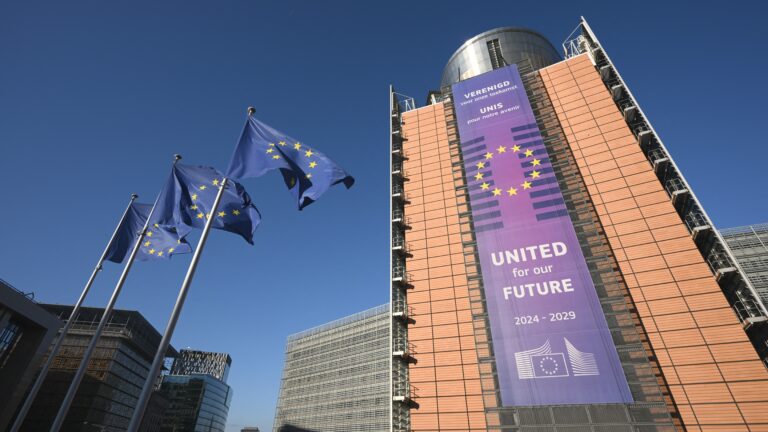At the time of writing this article, it has been exactly six months since the never seen brutal attack by Hamas on Southern Israel. In the wake of the Israeli retaliatory attack on the nest of the terrorist organization, postponed by many weeks due to diplomatic pressure, a serious dividing line has surfaced, not only in Israel, but in most countries colloquially known as ‘the West’.
Though right after the shocking pictures of bloodied infant beds, music festival massacre survivors’ stories and videos of beheadings terrified the world, prompting messages of compassion, the anger towards the perpetrators of the barbaric acts very soon gave way to a political agenda. The focus of the debate visibly shifted from the victims and the necessary steps to be taken in order to prevent such attacks in the future to what can and cannot be done in the name of independence and freedom fight, and soon the all too well-known slogans of ‘struggle’ against ‘imperialism’ and ‘colonialism’ appeared.
These latter struck a nerve in ex-communist countries since we know this kind of wording from our tumultuous past. We have heard these terms way much too often in Eastern Europe, and
their re-emergence only verified our fears that current neoliberalism is nothing but communism in disguise.
The old American adage that says if it walks, quacks and swims like a duck then it is probably a duck applies here perfectly.
As a security policy expert, this author’s greatest concern is not so much political but much rather violence focused. The serious ideological dividing lines that surfaced even in Israel during the protest last summer, which have probably greatly contributed to the Hamas attack, have reached a level that can be specified as a security threat in themselves. For whatever alleged noble or not so noble reason these terrorist acts are committed, if we fail to stand up vehemently enough against such violence on civilians, we only encourage future perpetrators.
While the weight of the blow shocked Israeli society and brought a political union not seen in recent decades, its effects have been different in the West. The ongoing cultural and political struggle between neoliberals and conservatives has clearly intensified. Political clashes about the Gaza situation brought to surface further divisions.
But in reality, at the core of the problem lies a military task. And it is the most difficult mission of a modern military: counterinsurgency operation in urban areas. Selecting and differentiating terrorists or insurgents from the population is extremely hard, especially in such densely built areas such as certain parts of the Gaza Strip. Looking for weapon caches, training and command centres, and the terrorists themselves among armed and hostile civilians is a nightmare for military planners. Modern joint warfare-trained land forces are usually also prepared for urban combat, yet fighting a uniformed army and searching the homes of angry inhabitants are two different things in a very demanding environment, especially if losses on both sides are to be kept low.
But this reality does not seem to bother some journalists, politicians and influencers. They are not interested in offering solutions to this probably hardly if at all solvable problem, for instance by exerting pressure on the Palestinians to hand over those responsible for terrorism; all they are interested in is condemning Israel’s actions. Yet
it is not only the Jewish state that is in their crosshairs, but all those who dare to think differently.
The worse the better was an often quoted term when the Communists gradually took over in Hungary after World War II. Some of their methods were aimed at oppressing opposition by forcibly aligning them with unpopular processes, or difficult, but necessary decisions in the post-war rebuilding of the country. The same can be said of the reactions to the anti-terrorist operation in the Gaza strip.
Today we see the very same method in most Western mainstream media outlets. In the name of ‘human rightism’, the enforced benevolence toward whoever they say it is obligatory to feel for, they attack not only our core values, but the foundations of Western, secular societies, and with it, democracy itself. Naturally, the death of every civilian is a tragedy; yet if we can’t decide how we defend ourselves against even the most heinous acts of terrorism, we are bound to fail.
And terrorism does not only mean the killing of babies, slaughtering dancers at a festival, or beheading agricultural workers. It is all systematic and deliberate attacks; the murder, maiming and menacing of civilians for political goals. And silencing those who stand up against it. We should remember the words of Martin Niemöller: ‘First they came for…’ * We still have a chance to act on his advice and ‘speak out’! Let’s do it now! And call out the terrorists and their apologists, before they come for us. If we don’t believe your own eyes, we should believe historical experience.
*Martin Niemöller (1892–1984) was a prominent German Lutheran pastor who emerged as an outspoken critic of Adolf Hitler and spent the last seven years of Nazi rule in concentration camps, despite his ardent nationalism. Niemöller is perhaps best remembered for the quotation:
‘First they came for the Communists
And I did not speak out
Because I was not a Communist
Then they came for the Socialists
And I did not speak out
Because I was not a Socialist
Then they came for the trade unionists
And I did not speak out
Because I was not a trade unionist
Then they came for the Jews
And I did not speak out
Because I was not a Jew
Then they came for me
And there was no one left
To speak out for me’

